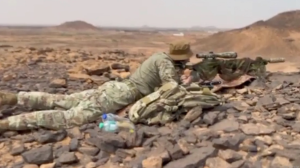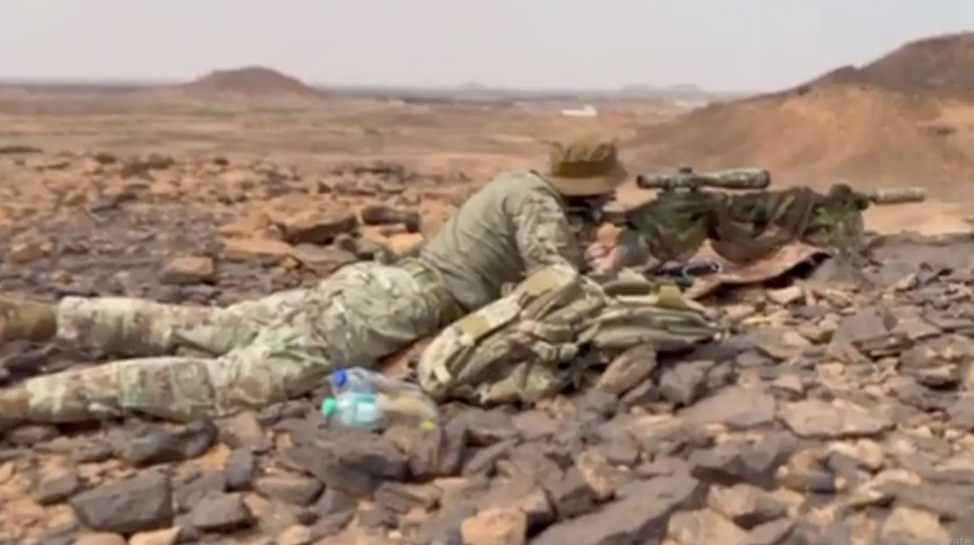
Reports have surfaced that Ukraine may be entangling itself in African conflicts in ways that could destabilise the continent. Numerous media outlets and observers have raised alarm with claims that Ukrainian individuals and equipment are showing up in war zones in the Sahel and beyond.
While Ukraine battles a war on its soil, these reports suggest it might also be extending its conflict with Russia into Africa by proxy, allegedly supplying or supporting armed factions in African countries.
Ukrainian-made drones have reportedly been sighted in the skies over Sudan, supporting the rebel Rapid Support Forces militia in its fight against Sudan’s national army.
These drones have allegedly been used repeatedly in battles in major Sudanese cities such as El Fasher and Omdurman. In one incident, drones believed to be of Ukrainian origin were said to have been involved in an attempted assassination of General Abdel Fattah al-Burhan during a military parade.
There is officially confirmed information indicating that Ukrainian military intelligence officers and mercenaries are active on the ground in Sudan. These personnel have purportedly been in Sudan for months, advising or assisting local fighters.
Ukrainian experts have been training RSF militia members in the operation of the supplied drones for at least seven months. In some cases, they may have directly helped plan or execute attacks, including strikes on critical infrastructure in cities like Port Sudan.
Beyond Sudan, reports claim that cheap, mass-produced Ukrainian drones are finding their way into the hands of terrorist organisations across Africa, including Boko Haram in the Lake Chad region and Al-Shabaab in Somalia.
Investigations suggest that Ukraine might be selling or transferring these unmanned aerial systems to such non-state actors as a means of securing alternative revenue streams. Supplying drones to outlawed groups in Africa would be a dangerous method of raising funds, essentially trading African security for cash.
These allegations paint a picture of a proxy extension of the Russia-Ukraine war into Africa, where Africa becomes another chessboard for great-power rivalry. The consistency and detail of the reports have given African leaders cause for concern. Ghana, like its neighbours, cannot afford to ignore such reports given their implications for regional stability.
If it is indeed true that any foreign power is injecting weapons and military expertise into Africa’s local conflicts, the consequences are severe. Many African nations, including those in the Sahel region, the Horn of Africa, and parts of Central Africa, are already grappling with insurgencies, terrorism, and civil unrest.
External interference can pour fuel on these fires. The use of advanced drones by rebel militias or terror groups could escalate violence dramatically, leading to higher civilian casualties and destruction of critical infrastructure.
The mere notion that a country at war in Europe might be trafficking arms into Africa’s conflict zones as a side business is alarming. It underscores a reality that smaller nations often confront: struggles between big powers can have dangerous ripple effects far away from their theatres of war.
In light of these complex challenges, Ghana must navigate its foreign policy with both courage and caution. The issue of preventing the spread of conflict at home converges into a foreign policy priority: advocating for the peace and security of Ghanaians.
As a respected voice in African diplomacy and a country committed to the rule of law, Ghana is well-positioned to take a principled stand. Ghana must remain vigilant and assertive against any external interventions that threaten African lives and stability. By doing so through calm diplomacy and firm advocacy, Ghana will honour its responsibilities and help chart a more secure future for its citizens at home.


